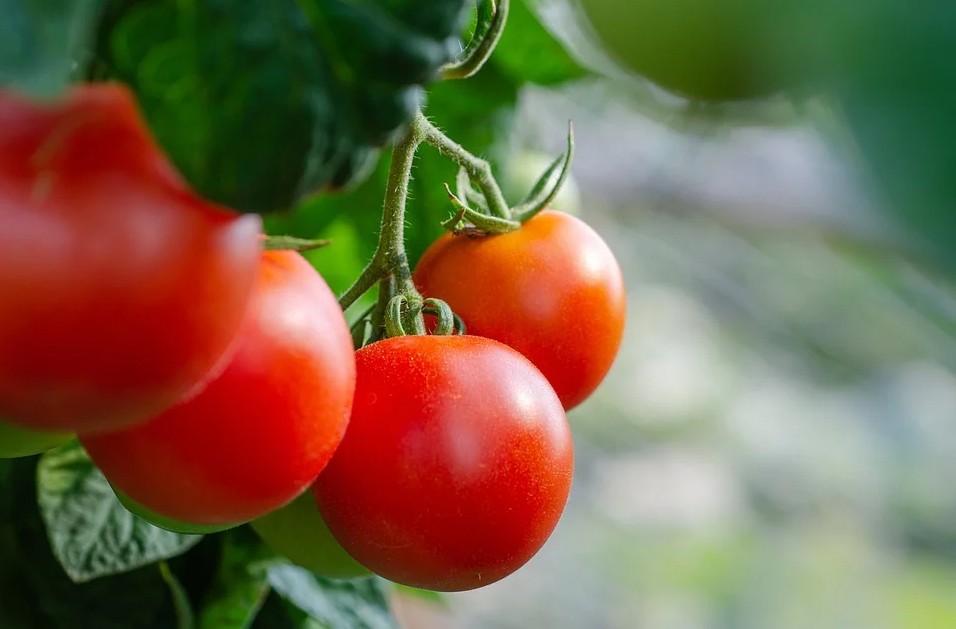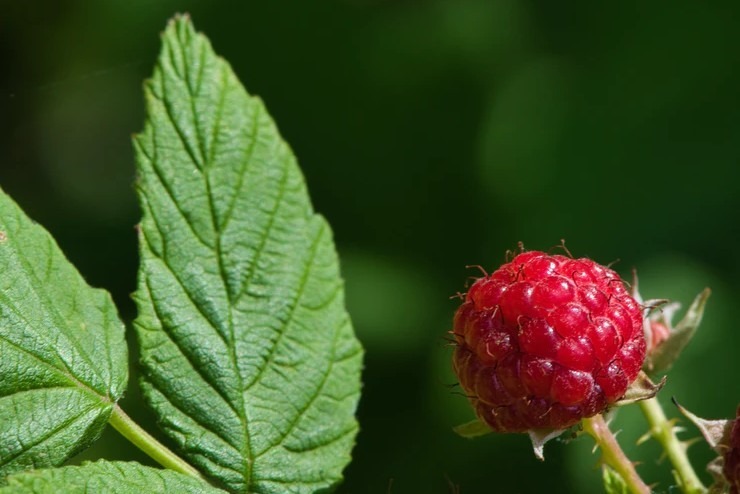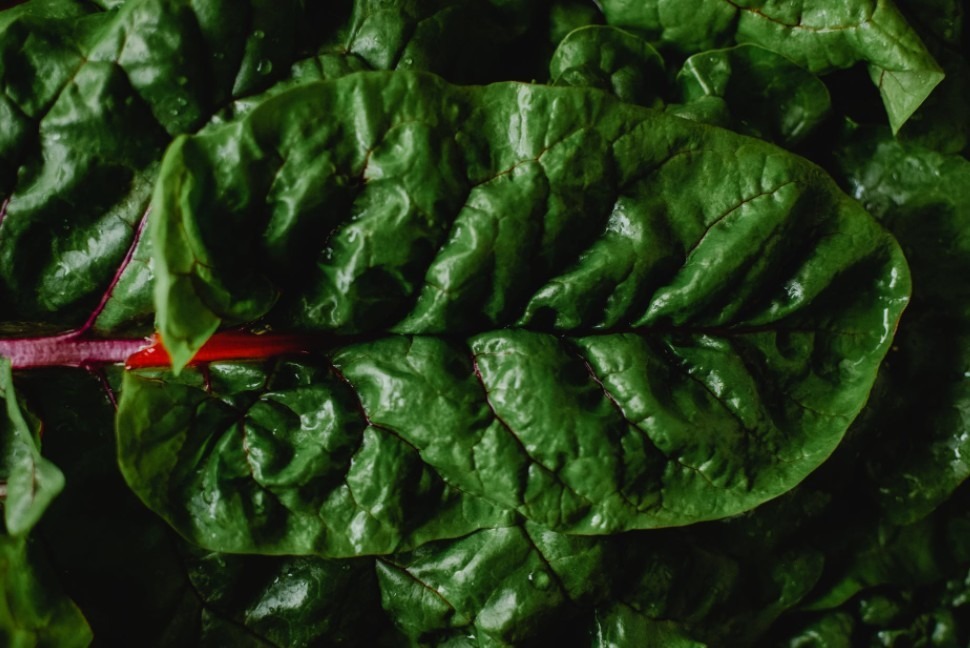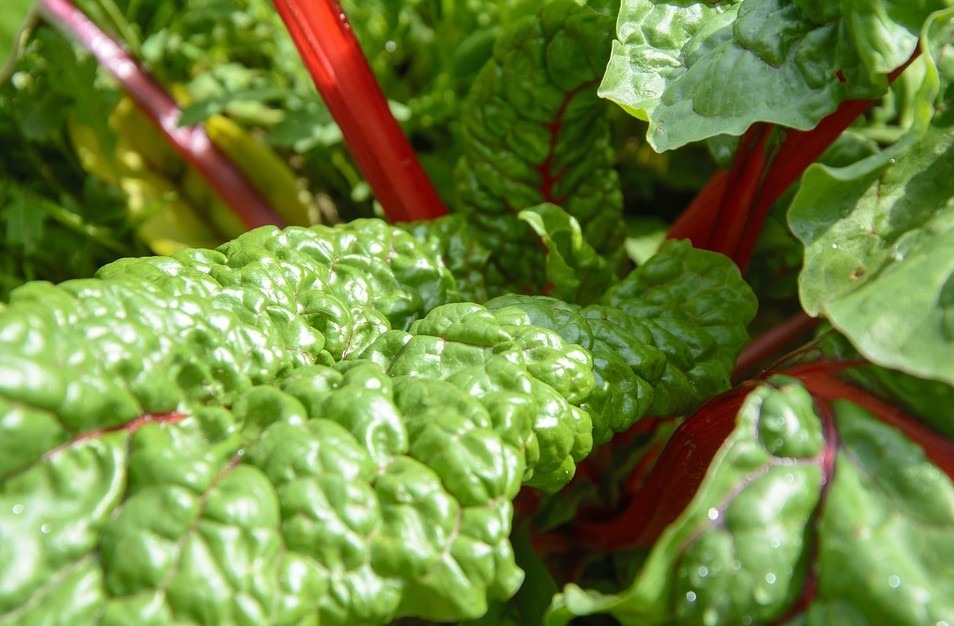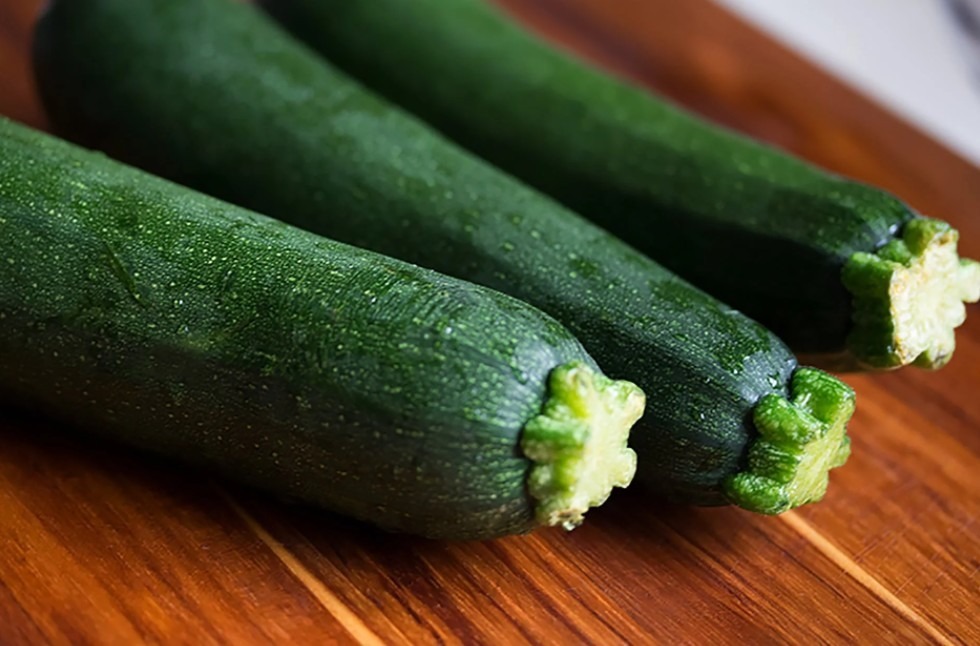One of the greatest perks of container gardening is the accessibility to a variety of nutrient-rich crops, be it from your balcony, patio, windowsills, rooftop, to anywhere else in your home where there is adequate lighting. The only problem is that it can be a daunting task to choose which ones to grow for a super-nutritious garden. To help you decide, we’ve rounded some of the best crops you can grow for maximum nutrition. Of course, there are other nutrient-dense plants that might not make it into this list, but here are the essential ones you shouldn’t miss out!
Raspberries
Red and black raspberries are not only rich in flavor but are also packed with nutrients and minerals, such as fiber, vitamin, vitamin B complex, polyphenols (indoles, anthocyanins, and carotenoids.) However, if you want to get an extra boost, opt to plant black raspberries instead. They contain higher antioxidant content than red raspberries, which are helpful in protecting the body from cell damage and cancers affecting the breast, esophagus, lungs, colon, and skin.
Parsley
A versatile herb that can be used on nearly everything, from pasta to soups, salads, smoothies, pizza, frittatas, and bread, Parsley also offers impressive health benefits to the body. It is rich in vitamins C and A and contains minerals like magnesium, calcium, manganese, iodine, potassium, and iron. What’s great is that Parsley is also easy to grow indoors, just place it near a warm, sunny windowsill and keep the soil moist to keep it happy.
Broccoli
Broccoli enlivens its reputation as one of the king members of the crucifer family. It is high in vitamins, such as vitamin A, C, B1, B6, E, and K, plus packs lots of minerals like copper, calcium, zinc, selenium, niacin, potassium, choline, manganese, iron, and choline. It doesn’t end there as Broccoli also boasts anticancer substances, from beta carotene, indoles, lutein, and quercetin. So, get a big container and start growing this kingly veggie. Soon, you’ll have a highly nutritious crop to add to your side dishes, salads, stir-fries, or raw snacks.
Kale
Hailed as a superfood, kale has high vitamin A, C, K, calcium, fiber, folate, and antioxidant content. It grows great in containers, too. Just be sure to water it weekly, expose it to sunlight but not much too much as it will wilt, and keep it free from pests to grow properly. After harvesting, you can toss it into your smoothie and scrambled eggs for breakfast or soup for dinner for some nutrient boost.
Tomatoes
One of the most widely-grown veggies (but botanically a fruit), Tomatoes has all the major carotenoids, lycopene, lutein, alpha- and beta-carotene. These provide pigments to plants but serve as excellent antioxidants to humans. Aside from that, it is also rich in vitamins A, B6, C, and K, plus folate and potassium, making it a tiny yet nutrient-dense crop to your garden.
Rhubarb
Resembling celery but with a prettier, magenta, or pinkish green stalk, Rhubarb packs lots of antioxidants, specifically proanthocyanidins, and anthocyanidins, which possess anti-cancer, anti-inflammatory, and anti-bacterial properties. It is also an excellent source of vitamin K, with half a cup already providing more than 33% percent of the recommended daily vitamin K1 intake. Though it’s a veggie, it is culinary-used as a fruit due to its distinct tart flavor that goes great with muffins, cakes, and pies.
Garlic
Garlic has many surprising health benefits, such as combating sickness, reducing blood pressure and inflammation, lowering the risk of heart disease, and fighting cancer. Though it is a tiny bulb, it is nutrient-dense. It packs lots of minerals, like potassium, manganese, calcium, sodium, B-vitamins, and folate, proving that people made the right choice, placing it as one of the most popular flavorings in meals and dishes. But, make another excellent decision by including it in your container garden.
Swiss Chard
Swiss chard is more than just its beautiful appearance, as it is incredibly healthy. Considered as a nutrient powerhouse, it is an excellent source of fiber, potassium, magnesium, fiber, iron, calcium, vitamin D, and vitamin K. Grow it in your container garden. You can also eat it in a variety of ways. This leafy veggie goes deliciously great in casseroles, soups, stews, quiches, frittatas, pasta, or dips.
Spinach
If seeing Popeye gorging spinach and giving him strength isn’t enough to get you to start planting spinach, then look at the nutrients and health benefits this veggie offers. Spinach is rich in vitamins A, E, C, and K, plus loaded with minerals and antioxidants. Eating it can aid in preventing cancer, boosting eye health, and reducing blood pressure levels and oxidative stress.
Zucchini
Capping this is Zucchini, an easy to grow veggie and a container garden favorite from the squash family. Used in stews, soups, side dishes, smoothies, and baked goods, it is rich in plant compounds, vitamins, and minerals, which all in all offer different health benefits. This fruit, masquerading as a veggie, also helps in boosting digestive, bone, prostate, and thyroid health.

